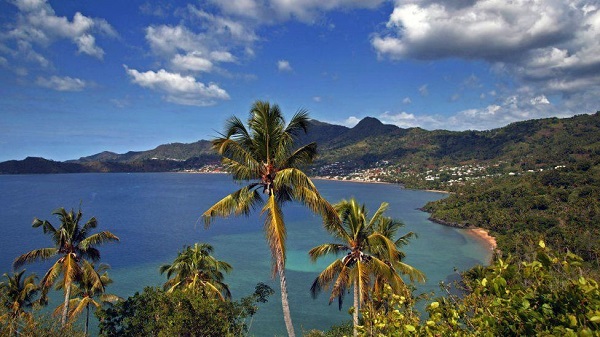
At least 22 people have died after their boat capsised in the Indian Ocean, while undertaking a perilous, 400km (250 mile) journey from Madagascar to the French territory of Mayotte.
Another 20 people were rescued over the weekend, Madagascar authorities said.
Hundreds of migrants are estimated to die every year trying to make such crossings. Search and rescue operations are ongoing to find those still missing.
“Forty-seven people had clandestinely taken a boat headed to Mayotte, but that sank. 23 of the passengers were able to be saved, 22 bodies were found,” the Madagascar maritime authority, APMF, said in a statement about Saturday’s accident.
The migrants are believed to be from Madagascar’s northern city of Ambanja, a local resident told the BBC.
The crossings are often aided by smugglers who charge up to $700 (£570), he said.
Economic migration to Mayotte has mostly been by people from the Comoros islands, which are far closer to Mayotte, but there has been a rise in migration from Madagascar in recent years.
In 2021, French officials detained more than 6,500 people who were caught trying to enter Mayotte. The number of people who have died trying to make the crossing is unknown, but a French senate report 20 years ago estimated that there were 1,000 fatalities each year.
Mayotte is an island of 250,000 people that is part of the Comoros archipelago off the east coast of Africa. The Comoros was a French colony until 1975 when it declared independence.
But Mayotte opted to remain part of France, voting overwhelmingly in 2009 in favour of becoming an integral part of France, mainly because of the economic benefits associated with becoming French.
In 2011, it became the 101st French department, in accordance with the 2009 referendum. It is a predominantly Muslim country, and although French is the official language, only about half of the population can read or write it.
Situated off the southeast coast of Africa, Madagascar is the fourth largest island in the world. Having developed in isolation, the island nation is famed for its unique wildlife. —BBC






